International Scientific Committee: ICHMET
Committee Chair
-
 Prof. Filip Tack Ghent University, BelgiumProf. Filip Tack
Prof. Filip Tack Ghent University, BelgiumProf. Filip TackProf. Dr. ir. Filip M. G. Tack is professor in biogeochemistry of trace elements at Ghent University, Belgium. He teaches in topics related to analytical chemistry, environmental and soil chemistry, and soil remediation and founded the Erasmus Mundus master programme, the International Master in Environmental Science and Engineering. His research interests include the study of the occurrence, chemical speciation and behaviour of trace metals in the environment, and management of moderate metal contamination using plants. He has editorial roles in “The Science of the Total Environment”, “Journal of Plant Nutrition and Soil Science’, and coordinating editor of “Environmental Geochemistry and Health”.
Honorable Chair
-
 Prof. Jerome Nriagu University of Michigan, USAProf. Jerome Nriagu
Prof. Jerome Nriagu University of Michigan, USAProf. Jerome NriaguProf. Jerome Nriagu is Professor Emeritus in the School of Public Health, University of Michigan.
Prof. Nriagu's research and teaching programs center around three main issues: (i) sources, behavior, fate and effects of metals in the natural and contaminated environments; (ii) environmental justice and disproportionate exposure of communities to environmental pollutants; and (iii) environmental health problems in the developing countries. His work includes applied laboratory and field studies and has led to 30 books (authored/edited) and over 300 published articles. From 2000 to 2008, he was listed as one of the most cited scientists in the fields of Environmental Studies and Ecology. Before joining the University of Michigan in 1993, he was a Research Scientist with Environment Canada, Burlington, and Adjunct Professor, University of Waterloo both in Ontario. For over 25 years, Prof. Nriagu was the Editor or Editor-in-chief of the journal Science of the Total Environment (one of the leading environmental science journals; current Impact Factor of 10.15)), as well as Editor-in-chief of Encyclopedia of Environmental Health by Elsevier (2nd Edition in 7 volumes published in 2011). He was the editor of book series Environmental Science & Technology published by Wiley-Interscience (New York). He received the first ever meritorious Doctor of Science degree by the University of Ibadan (Nigeria) in 1987 and an Honorary Doctor of Science degree from the University of Alberta in 2016. Prof. Nriagu is a Fellow of the Royal Society of Canada. His other awards include Senior Fulbright Fellowship and distinguished Alexander von Humbolt Research Prize.
He is a founder of the International Conferences on Heavy Metals in the Environment (Chairman of the meetings in Toronto, 1993 and Ann Arbor, 2000; has been responsible for keeping these meetings going for the last 25 years).
Member
-
 Prof. Daniel S. Alessi University of Alberta, CanadaProf. Daniel S. Alessi
Prof. Daniel S. Alessi University of Alberta, CanadaProf. Daniel S. AlessiDr. Daniel S. Alessi is a Professor and the Encana Chair in Water Resources in the Department of Earth and Atmospheric Sciences at the University of Alberta and specializes in environmental geochemistry and geomicrobiology. His research group focuses on understanding the surface chemistry and reactivity of environmental materials such as iron oxides, bacteria, and biochar, on technologies for lithium extraction from oilfield brines, and on improving our knowledge of the water cycle in unconventional oil and gas operations. In 2022, he was elected a member of the College of New Scholars, Artists and Scientists of the Royal Society of Canada.
-
 Prof. Michael S. Bank Institute of Marine Research, NorwayProf. Michael S. Bank
Prof. Michael S. Bank Institute of Marine Research, NorwayProf. Michael S. BankDr. Michael S. Bank works as a Senior Scientist at the Institute of Marine Research in Bergen, Norway. Michael also serves as an Adjunct Associate Professor of Contaminants & Complex Systems at University of Massachusetts Amherst in the USA. His research is highly interdisciplinary and has its theoretical basis in complex systems analyses, Bayesian mathematical modeling, aquatic sciences, contaminant biology, environmental toxicology, and environmental governance. Michael is also an Associate Editor at the journal(s) Environmental Pollution and Chemosphere and serves on several expert committees, and does advising on contaminants for several international and national environmental agencies.
-
 Prof. Nicholas Basta Ohio State University, USAProf. Nicholas Basta
Prof. Nicholas Basta Ohio State University, USAProf. Nicholas BastaNicholas Basta is Professor of Soil and Environmental Chemistry in the School of Environment and Natural Resources and Director of the Environmental Science Graduate Program at Ohio State University. He has a very active research program focused on chemistry, bioavailability, and environmental fate and remediation of contaminants in soil. His program focuses on soil health and risk-based environmental chemistry and bioavailability of contaminants in soil with emphasis on human, agronomic and ecosystem pathways. His soil environmental chemistry program is known for novel bioavailability-based remediation of soil. Dr. Basta is an active member of several international scientific committees focused on environmental fate and remediation of soil contaminants including the National Academies of Sciences, Engineering and Medicine U.S. National Committee for Soil Science, the International; Union of Soil Science (IUSS), the International Conference for Trace Element Biogeochemistry (ICOBTE), the International Society for Trace Element Biogeochemistry (ISTEB), the SETAC Global Contaminated Soil Advisory Group and the Bioavailability Research Group of Europe. He has serves on several Editorial Boards including Soil Systems, Current Pollution Reports and past appoints as Technical Editor for the Journal of Environmental Quality. He is a Fellow of the Soil Science Society of America and the American Society of America. Dr. Basta earned his B.S. in Chemistry from The Pennsylvania State University, M.S. in Soil Science and Ph.D. in Soil Chemistry with a minor in Analytical Chemistry from Iowa State University.
-
 Prof. Nanthi Bolan University of Western Australia, AustraliaProf. Nanthi Bolan
Prof. Nanthi Bolan University of Western Australia, AustraliaProf. Nanthi BolanDr. Nanthi Bolan is the Professor of Soil Science at the School of Agriculture and Environment, The University of Western Australia. He is leading the Soil Carbon Research group within the school. Nanthi’s teaching and research interests include agronomic value of manures, fertilisers and soil amendments, soil acidification, nutrient and carbon cycling, pesticide and metal pollutants interactions in soils, greenhouse gas emission, soil remediation, mine site revegetation, and waste and wastewater management. Nanthi is a Fellow of American Soil Science Society, American Society of Agronomy and New Zealand Soil Science Society, and was awarded the Communicator of the Year (2005) award by the New Zealand Institute of Agricultural Sciences. Nanthi served as the Associate Editor of Critical Reviews in Environmental Science and Technical Editor of Journal of Environmental Quality. He served as the Program Leader of Cooperative Research Centres for High Performance Soil (SOIL CRC) and Contamination Assessment and Remediation of the Environment (CRC CARE). He is currently serving as the College of Experts of Australian Research Council and College Member of Ministry of Business, Innovation & Employment (MBIE), New Zealand. Nanthi has supervised more than 50 postgraduate students, and was awarded the Massey University Research Medal for excellence in postgraduate students’ supervision. Nanthi has published more than 400 book chapters and journal papers with a total citation of > 47,000 and h-index 104 (Google Scholar), and is one of the Thomson Reuters Highly cited researchers for 2018 to 2021.
-
 Prof. Claude Boutron University Grenoble-Alpes, FranceProf. Claude Boutron
Prof. Claude Boutron University Grenoble-Alpes, FranceProf. Claude BoutronClaude Boutron is Professor emeritus at the University Grenoble-Alpes, France (Institute of Geosciences of the Environment / Glaciology). His main research interest is the investigation of heavy metals and other trace elements and compounds in dated snow and ice collected in Antarctica, Greenland, the Alps , the Himalayas and the Andes . He co-authored more than 200 papers, including 2 in “Science” and 12 in “Nature “. He was working with Clair Patterson at the California Institute of Technology in Pasadena, received the Alfred Wegener medal of the European Geosciences Union and was the Director of the European Research Course on Atmospheres (ERCA).
-
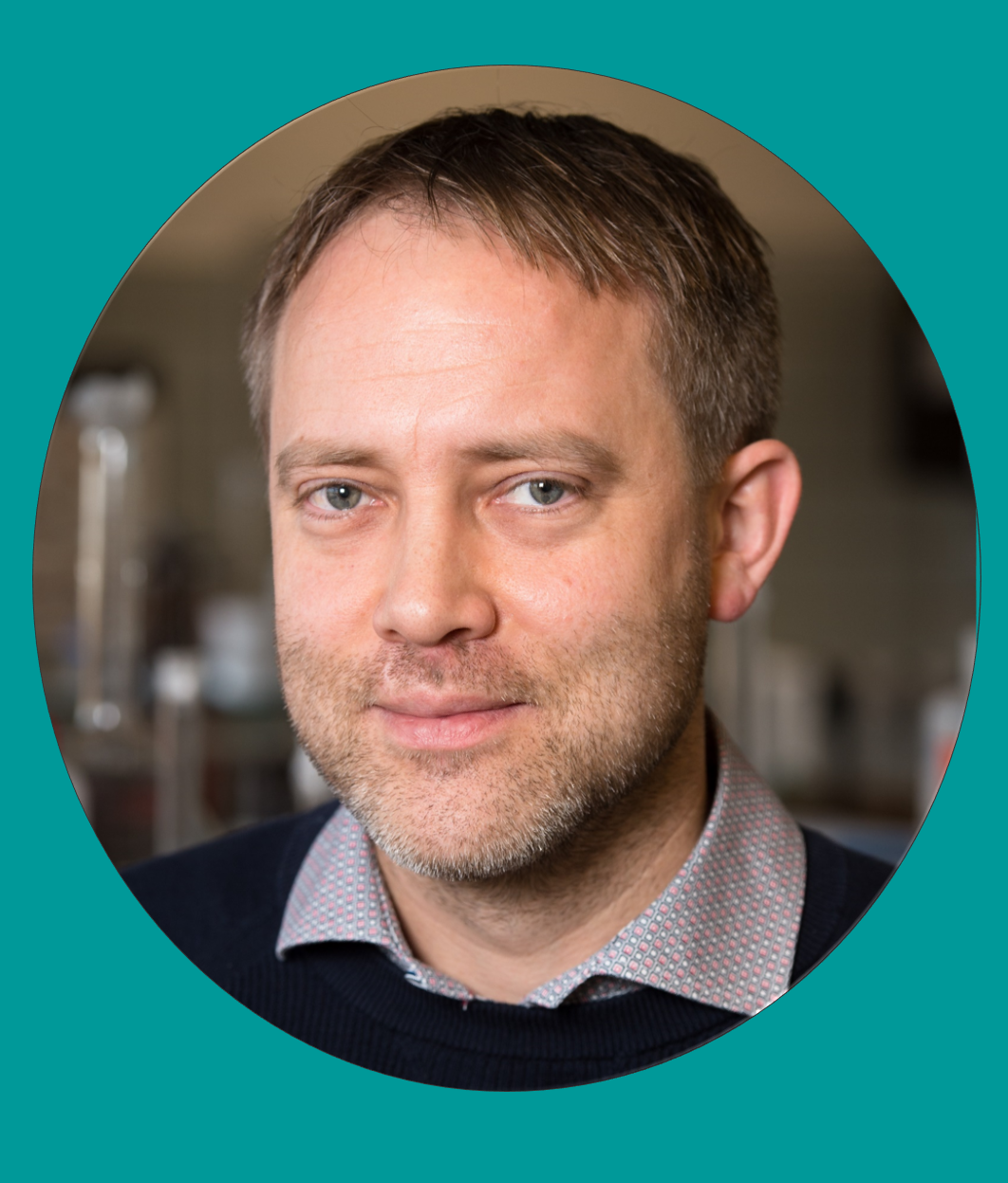 Prof. Gijs Du Laing Ghent University, BelgiumProf. Gijs Du Laing
Prof. Gijs Du Laing Ghent University, BelgiumProf. Gijs Du LaingGijs Du Laing was appointed professor at Ghent University (Belgium) in 2009. His research focuses on factors affecting trace element speciation and its impact on their fate in food/feed, the natural and agricultural environment and environmental technology, with a strong focus on Arsenic, Selenium and technology-relevant elements. Current projects target the development of new technologies for removal/recovery of toxic and technology-relevant elements from wastes, micronutrient biofortification, bioavailability assessment and species transformations of trace elements in the intestine. Prof. Du Laing is Vice-Chair of the International Society for Selenium Research and coordinates the International Master Programme on Sustainable Management of Natural Resources SINReM (www.sinrem.eu).
-
 Prof. Xinbin Feng Chinese Academy of Sciences (CAS), ChinaProf. Xinbin Feng
Prof. Xinbin Feng Chinese Academy of Sciences (CAS), ChinaProf. Xinbin FengXinbin Feng is a Professor at the State Key Laboratory of Environmental Geochemistry, Institute of Geochemistry, Chinese Academy of Sciences, China. He is now the director in general of Institute of Geochemistry, Chinese Academy of Sciences. His research focuses on mercury biogeochemical cycling in the environment and its health impact, mercury stable isotope geochemistry and remediation of mercury contaminated lands, which provide the scientific base for China’s implementation of Minamata Convention. He is also interested in Cd, Pb, As and Sb biogeochemical cycling in the environment. He has published more than 400 peer reviewed papers in international journals.
-
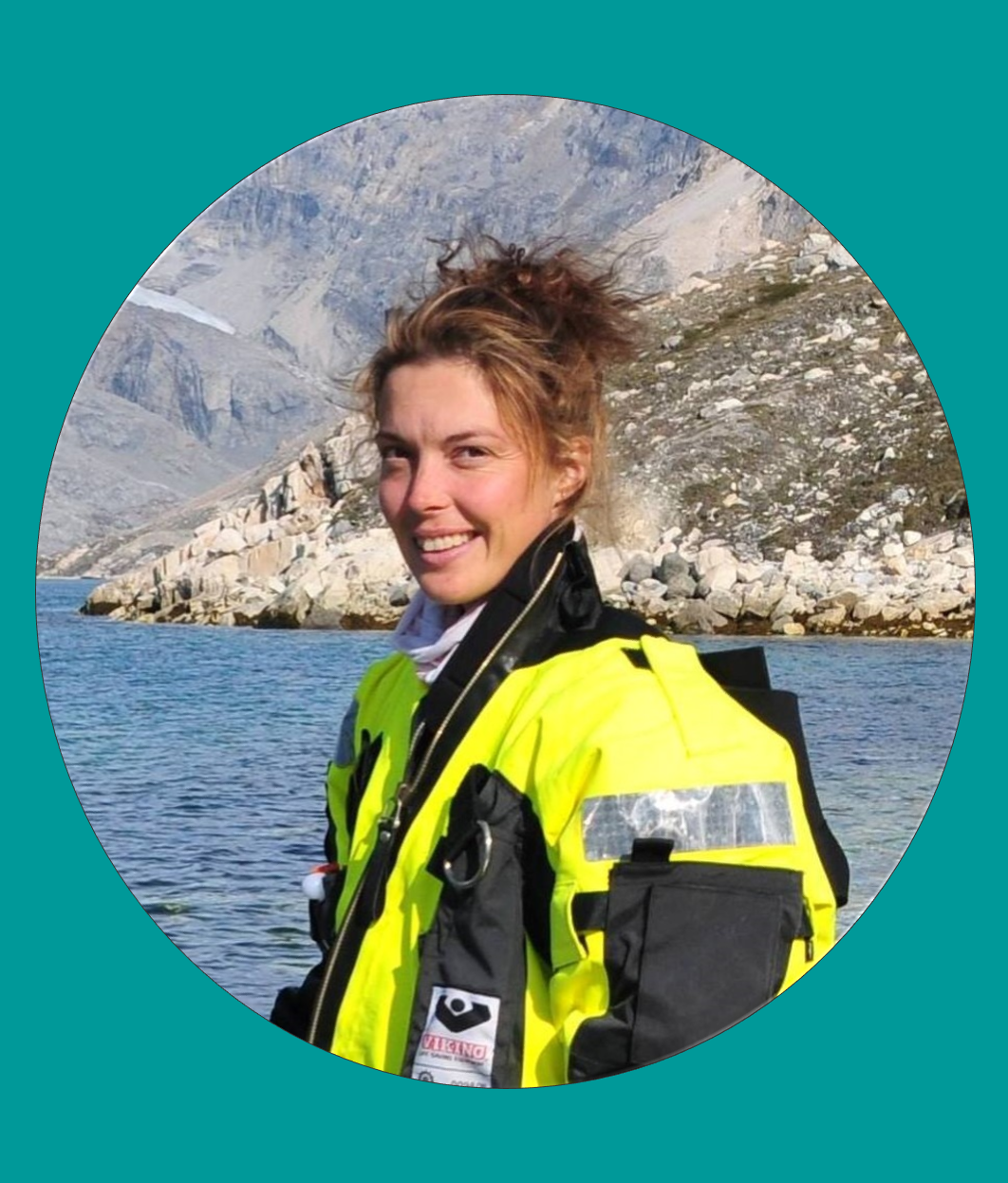 Prof. Sophia Hansson Laboratoire écologie fonctionnelle et environnement (UMR 5245), FranceProf. Sophia Hansson
Prof. Sophia Hansson Laboratoire écologie fonctionnelle et environnement (UMR 5245), FranceProf. Sophia HanssonAs an interdisciplinary ecogeochemist, my research interest lies at the interface of geochemistry, ecology and ecotoxicology. Specifically, my aim is to assess the role of biota in geochemical cycles with a particular focus on mining derived contaminants in frontier ecosystems such as Alpine and Arctic environments. Using state of the art geochemical tools, i.e. total-chemistry from ICP-MS and DMA, as well as ecological- and isotopic-tracers (δ13C & δ15N, 86-87Sr, 206-208Pb, 199-204Hg), my work also aims to quantify aboveground/belowground linkages, trophic interactions and the transfer efficiency of essential and non-essential elements in Alpine and Arctic ecosystems and the link of such elements to the health of wildlife.
-
 Prof. Deyi Hou Tsinghua University, ChinaProf. Deyi Hou
Prof. Deyi Hou Tsinghua University, ChinaProf. Deyi HouProf. Deyi Hou is the Head of Soil and Groundwater Division at Tsinghua University. He is also serving as the Vice Chair of the UN-FAO International Network of Soil Pollution (INSOP). Prof. Hou obtained his BS from Tsinghua University, MS from Stanford University, and PhD from University of Cambridge. His research has focused on contaminant transport and distribution in soil and groundwater, synthesis of innovative environmental functional materials, green and sustainable remediation. Prof. Hou has conducted numerous projects involving soil and groundwater pollution at site-level, regional-level, and national level. He has published 5 books and over 200 journal papers on top journals including Nature, Science, Nature Climate Change, Nature Sustainability, Nature Review Earth & Environment, etc. Prof. Deyi Hou is currently serving as the Editor-in-Chief for Soil Use and Management (flagship journal of British Society of Soil Science), and Associate Editor for Science of the Total Environment. He is also a Clarivate “Highly Cited Researcher”.
-
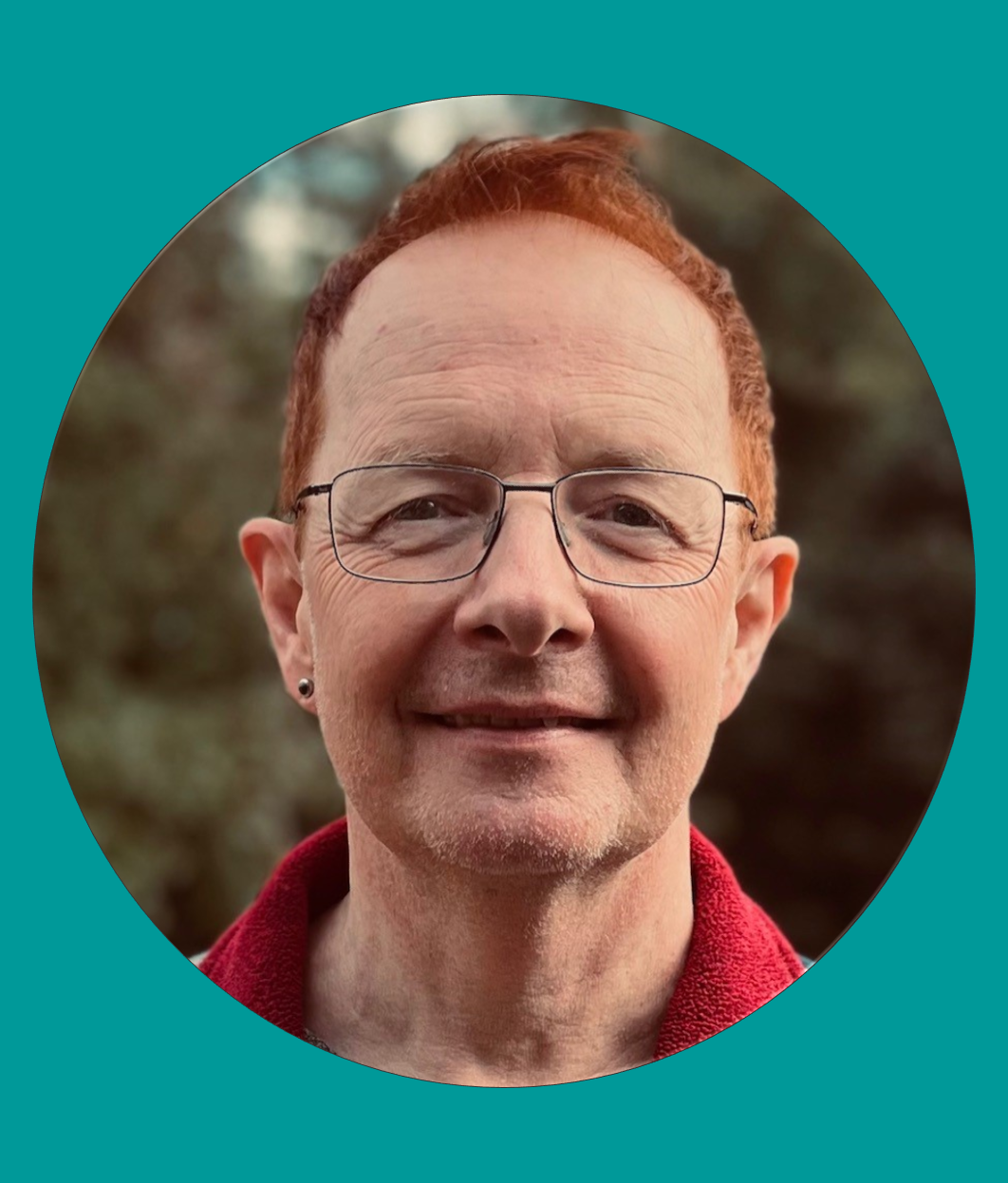 Prof. Franz Jirsa University of Vienna, AustriaProf. Franz Jirsa
Prof. Franz Jirsa University of Vienna, AustriaProf. Franz JirsaFranz Jirsa was born and raised in Vienna, Austria. Before turning to science, he had a successful career, first as a dancer and then as a singer, playing parts in musicals, operetta and opera, throughout Europe, including a ten year ́s engagement with the Vienna Volksoper. In 1997 he started his studies in biology and received his master in 2004, followed by the doctorate in 2008. His main focus was on fish parasites, their ecology and environmental influences on parasite communities, as well as heavy metal accumulation in parasites and fish. During his studies an increased general interest in metals in the environment lead to an intense engagement in aquatic chemistry and metal behaviour in aquatic systems in general. He was called to teach environmental chemistry at the University of Vienna in 2004 and has been doing this ever since. In 2015 he received his venia doceni in environmental chemistry from the University of Vienna. He has been leading the group of environmental chemistry at the department of Inorganic Chemistry since 2018 and has been associate researcher at the University of Johannesburg, South Africa, since 2016. In addition to environmental analyses including risk assessments in aquatic environments he has broadened his research area developing novel substances, i.e. ionic liquids for the successful and greener extraction of heavy metals from aqueous matrices. Up until now he has supervised over 35 master thesis, 7 dissertation projects and has authored more than 70 papers in peer reviewed international journals.
-
 Prof. Anna Knox Savannah River National Laboratory (SRNL), USAProf. Anna Knox
Prof. Anna Knox Savannah River National Laboratory (SRNL), USAProf. Anna KnoxDr. Anna Sophia Knox is a Fellow Scientist at the Savannah River National Laboratory (SRNL) in Aiken, SC and an instructor at Northwest Environmental Training Center. She has a Ph.D. (1993) in Agronomy and Soil Science and has been a certified Professional Soil Scientist by the Soil Science Society of America since 12/20/99. Dr. Knox has 30 years of responsible experience in environmental sciences. She has published more than 100 scientific papers, book chapters, and books; organized several sessions and special symposia on contaminants in soils and sediments for international conferences/meetings.
-
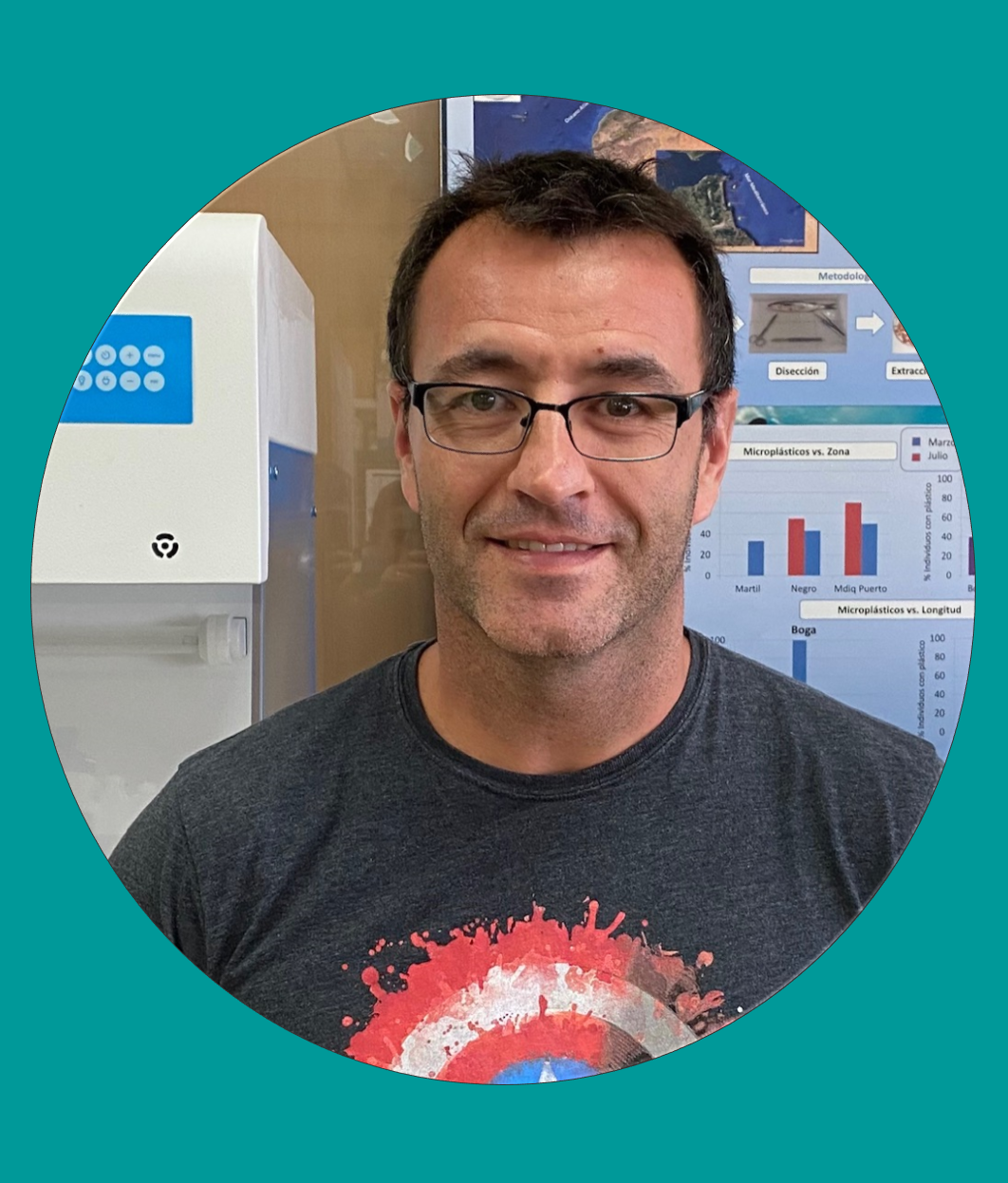 Prof. José Antonio López-López University of Cádiz, SpainProf. José Antonio López-López
Prof. José Antonio López-López University of Cádiz, SpainProf. José Antonio López-LópezJosé Antonio López-López is Associate Professor, since 2018, at the Department of Analytical Chemistry of the University of Cádiz (UCA). He finalized his BsC. in Chemistry at the UCA in 2004, and a master in Integrated Water management in 2008. He became PhD in Analytical Chemistry in 2010, with a study on the inputs of metallic pollution into the Guadalquivir River (SW) Spain.
He has supervised 2 PhD students and is co-author of more than 30 papers on the topics of metallic pollution and sample preparation for the determination of trace metals in complex natural matrices, including seawater. This works were carried out in several projects on the development of Green Sample Preparation, based on the use of micro-extraction methods, ionic liquids and nanoparticles. He is editor of a current open call in Frontiers in Marine Sciences on the topic of New strategies in the Analysis of Marine Pollutants. -
 Prof. Ravi Naidu University of Newcastle, AustraliaProf. Ravi Naidu
Prof. Ravi Naidu University of Newcastle, AustraliaProf. Ravi NaiduLaureate Prof Ravi Naidu is an environmental scientist with nearly 30 years of experience working on environmental contaminants. He is also former President to ICOBTE. He is currently Professor of Remediation with the University of Newcastle, Australia.
-
 Prof. Joshua Olowoyo Florida Gulf Coast University, USAProf. Joshua Olowoyo
Prof. Joshua Olowoyo Florida Gulf Coast University, USAProf. Joshua OlowoyoCV coming soon
-
 Prof. Jörg Rinklebe University of Wuppertal, GermanyProf. Jörg Rinklebe
Prof. Jörg Rinklebe University of Wuppertal, GermanyProf. Jörg RinklebeDr. Jörg Rinklebe is Professor for Soil- and Groundwater-Management at the University of Wuppertal, Germany. He has been selected as ISI Web of Science Highly Cited Researcher in 2019, 2020, 2021, 2022. Prof. Rinklebe is President of the International Society of Trace Element Biogeochemistry (ISTEB). His academic background covers environmental science, bioavailability of emerging contaminants, and remediation of contaminated sites. His main research is on soils, sediments, waters, plants, and their pollutions and linked biogeochemical issues with a special focus in redox chemistry. He also has a certain expertise in soil microbiology.
Prof. Rinklebe published plenty of scientific papers in leading international and national journals. According to SCOPUS data base (26.07.2023), he published 496 research papers, which have been cited 26,225.0 times with h-index = 84. Also, he published four books entitled "Trace Elements in Waterlogged Soils and Sediments” (2016), “Nickel in Soils and Plants” (2018), “Soil and Groundwater Remediation Technologies” (2020), “Vanadium in soils and plants” (2022), as well as numerous book chapters.
He is serving as Editor in Chief for Environmental Pollution, and as Editor of the Journal of Hazardous Materials; Co-Editor in Chief of the international journal Critical Reviews in Environmental Science and Technology (CREST) and as guest editor of the international journals Environment International, Chemical Engineering Journal, Science of the Total Environment, Chemosphere, Journal of Environmental Management, Applied Geochemistry, and Environmental Geochemistry and Health. Also, he is member on several editorial boards (Ecotoxicology, Geoderma, Water, Air, & Soil Pollution, Archive of Agronomy and Soil Science).
He is the chair of the first joint international conferences of Biogeochemistry of Trace Elements” (ICOBTE) and “International Conference on Heavy Metals in the Environment” (ICHMET) in September 2023, which will be organized by him. He was an invited speaker (plenary and keynote) at many international conferences.
In 2016 he got an appointment as Honorable Ambassador for Gangwon Province, South-Korea which was renewed in June-2018. Also, he got an appointment as Adjunct Professor at the University of Southern Queensland, Australia, Visiting Professor at the Sejong University, Seoul, South Korea and Guest Professor at the China Jiliang University, Hangzhou, Zhejiang, China.
-
 Prof. Irena Twardowska Polish Academy of Sciences, PolandProf. Irena Twardowska
Prof. Irena Twardowska Polish Academy of Sciences, PolandProf. Irena TwardowskaIrena Twardowska, Full Prof., D.Sc., Ph.D. is a research hydrogeochemist and a Head of the Department of Diffuse Pollution of the Environment at the Institute of Environmental Engineering of the Polish Academy of Sciences in Zabrze, Poland. She has published two monographs, edited and co-authored 4 books, and contributed chapters to 5 more books published by Elsevier, Springer, Lewis and Kluwer Academic/Plenum Publishers, authored/co-authored more than 200 papers in scientific journals, and has given over 100 presentations .at international symposia. She has been leading numerous multidisciplinary national and international research projects, among others with Germany, India, Israel, and Norway. Her research interests concern the generation, transformation, release, migration, immobilization, and prevention and control of diffuse pollutants.
-
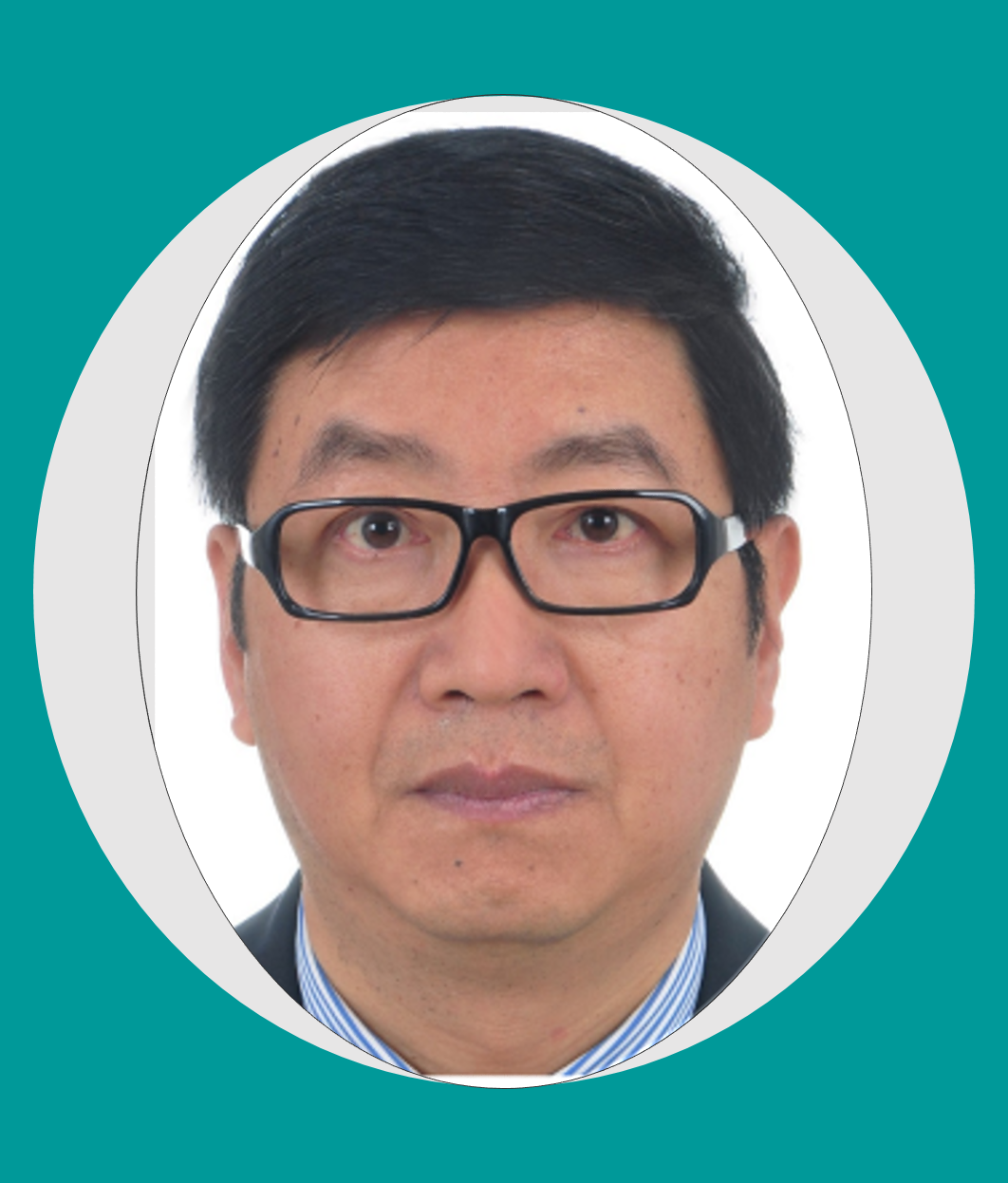 Prof. Zengqiang Zhang Northwest A&F University, ChinaProf. Zengqiang Zhang
Prof. Zengqiang Zhang Northwest A&F University, ChinaProf. Zengqiang ZhangProfessor Zengqiang Zhang, Professor, College of Natural Resources and Environment, Northwest A&F University, Yangling, Shaanxi 712100, China. Dr. Zhang is the 2021 Clarivate Highly Cited Researcher and World`s Top 2% Scientist from 2019 to 2022 and one of the leading personalities in the field of Environmental Science and Technology. Dr. Zhang has a long-term and large experience in the field of organic waste composting and soil heavy metal pollution remediation. Together with his teamwork and colleagues, he published more than 400 research papers in national and international journals. Based on the citation of his publication, his total citations = 10790 and h-index = 57 (Web of Science).
-
 Prof. Anna Karczewska Wrocław University of Environmental & Life Sciences, PolandProf. Anna Karczewska
Prof. Anna Karczewska Wrocław University of Environmental & Life Sciences, PolandProf. Anna KarczewskaFull professor in the Institute of Soil Science, Plant Nutrition & Environmental Protection, Wrocław University of Environmental & Life Sciences (Poland). She completed long-term research stays in Vienna, Ghent and Copenhagen. Her research interests, practical experience and teaching activities focus on the biogeochemistry of metal(loid)s in contaminated soils, their bioavailability and ecotoxicity, assessment of related environmental risk and remediation of polluted sites. She supervised numerous research projects and expert works in copper industry-affected areas and the sites of historical arsenic mining. Additional interests in urban soils, reclamation of technically degraded lands, and soils in mountain systems. ORCID: 0000-0003-1457-1368, RG: Anna-Karczewska-3.
-
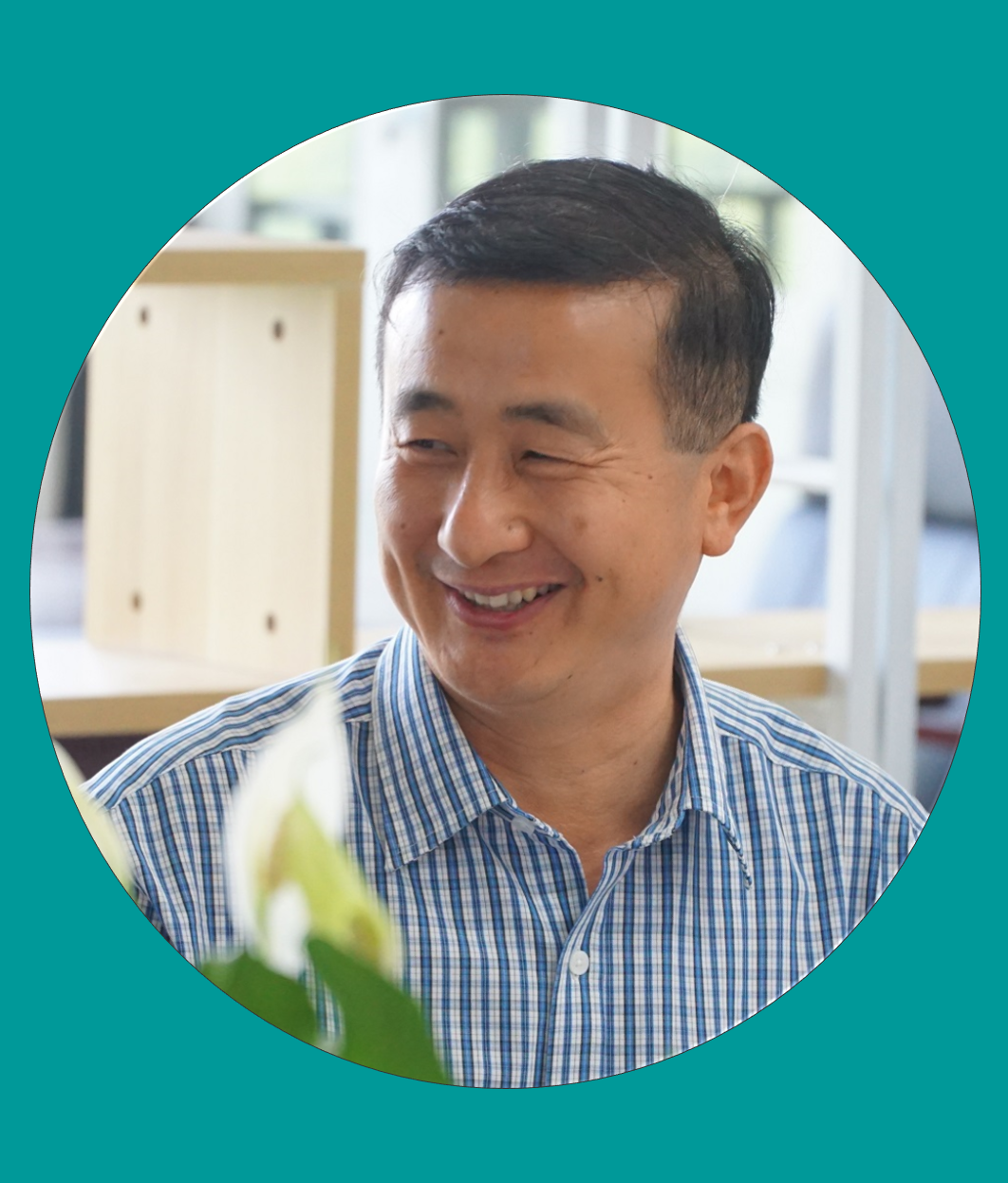 Prof. Chaocheng Zhang University of Galway, IrelandProf. Chaocheng Zhang
Prof. Chaocheng Zhang University of Galway, IrelandProf. Chaocheng ZhangProf. Zhang is Professor of Geography, Director of International Network for Environment and Health (INEH) at University of Galway, Ireland. Prof. Zhang serves as co-chair of International Medical Geology Association (IMGA) and past president of Society for Environmental Geochemistry and Health (SEGH), with academic background covering both GIS and environmental geochemistry. His research focuses on spatial analyses of environmental variables, especially metals and nutrients in soils, using GIS, geostatistics and other spatial statistical techniques, to identify hotspots and quantify spatial variation, providing scientific bases for improved environmental management, mineral exploration, precision agriculture and human health.
(The designated persons are responsible for the content of their CV's and photos.)
